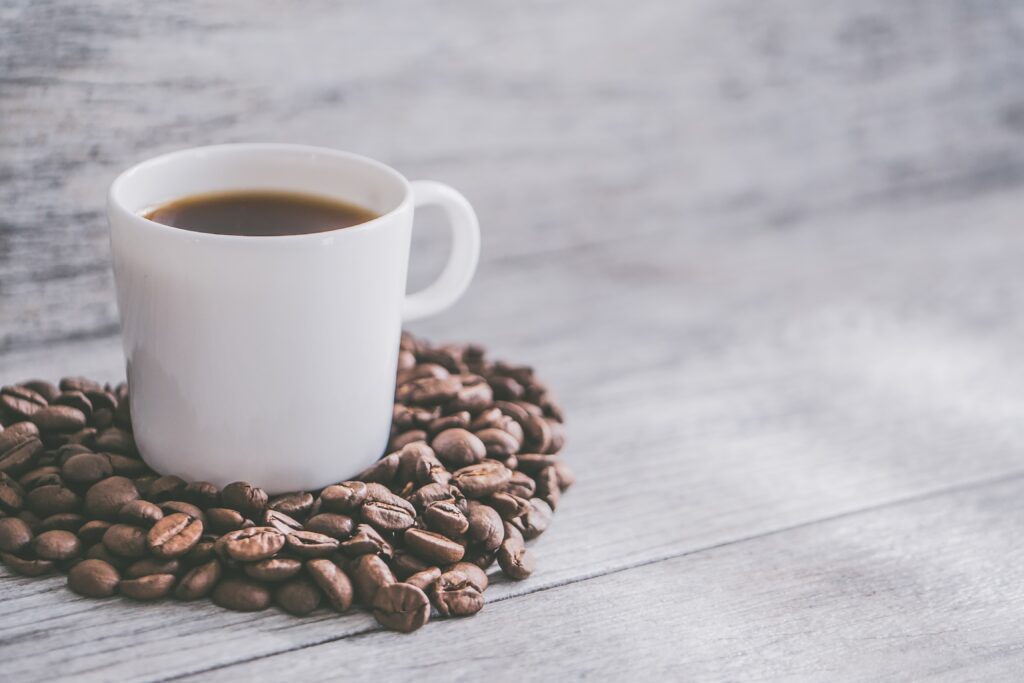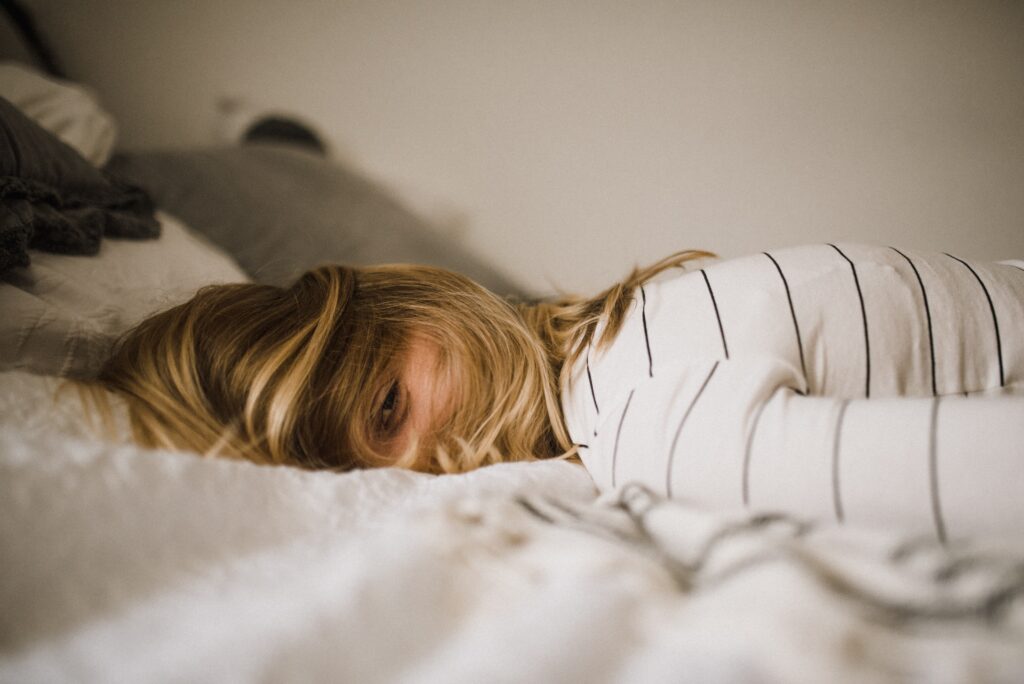Caffeine is a stimulant that can make you feel more alert and less tired. When you have caffeine, it blocks the effects of adenosine, which is a chemical in your body that makes you feel sleepy.
Caffeine is typically found in coffee or tea, but it also can come from chocolate or other drinks. It takes about 30 minutes for caffeine to affect your body after you drink it. The effects last for 3-4 hours depending on how much caffeine you drink and how sensitive to it your body is.
How Does Caffeine Affect Sleep?
Caffeine can affect sleep and decrease a person’s sleep efficiency, satisfaction, and duration as they age.
Caffeine has been shown to disrupt the deep, restful sleep we have at night & is one of the reasons some people feel tired or groggy in the morning. Caffeinated beverages, especially coffee and energy drinks, should be used with caution as they may lead to a need for more caffeine the following day. This will make you tired and affect cognitive functioning.
Caffeine often helps people stay awake and alert at work. But the long-term effects of caffeine on sleep are not clear.
Some people don’t do well with caffeine at all, as it may cause irritability and difficulty concentrating. For others, though, it allows them to work more efficiently and effectively.
This is because caffeine blocks adenosine receptors in the brain, which are responsible for regulating sleep cycles. So while caffeine blocks these receptors in the brain, it also increases dopamine levels (which can make a person feel more alert).

Can Caffeine Keep Me Awake?
Caffeine is a substance, the consumption of which stimulates the central nervous system, heart, and muscles. It is present in various forms including tea, coffee, sodas and energy drinks.
Caffeine has some unwanted side effects like difficulty sleeping or increased anxiety. It can also lead to headaches and stomach problems. In rare cases it may cause seizures or increase blood pressure levels.
Many people have misconceptions about caffeine intake and do not realize that they are consuming more caffeine than they should be. This article will help readers understand how much caffeine they consume each day in different foods and beverages so that they can make healthier choices for themselves going forward
Can Caffeine Cause Insomnia?
It is a common misconception that caffeine is the main cause of insomnia. It can actually be the cause of insomnia for some people and not for others.
Unfortunately, there is no simple answer to this question. What causes someone to have trouble sleeping may be different from what causes another person to have trouble sleeping. This makes it hard for doctors and scientists to know for sure whether or not caffeine can cause insomnia in any specific situation.
Pacific Sleep care is a sleep clinic in Canada. The clinic can help diagnose and treat a variety of issues that can affect your sleep tremendously. Sleep disorder clinic Vancouver provides services like sleep testing, CPAP machines, and other medical equipment. The clinic also provides services such as hypnosis therapy, cognitive behaviour therapy, and diet modifications to help patients find the right fit for their specific needs.
